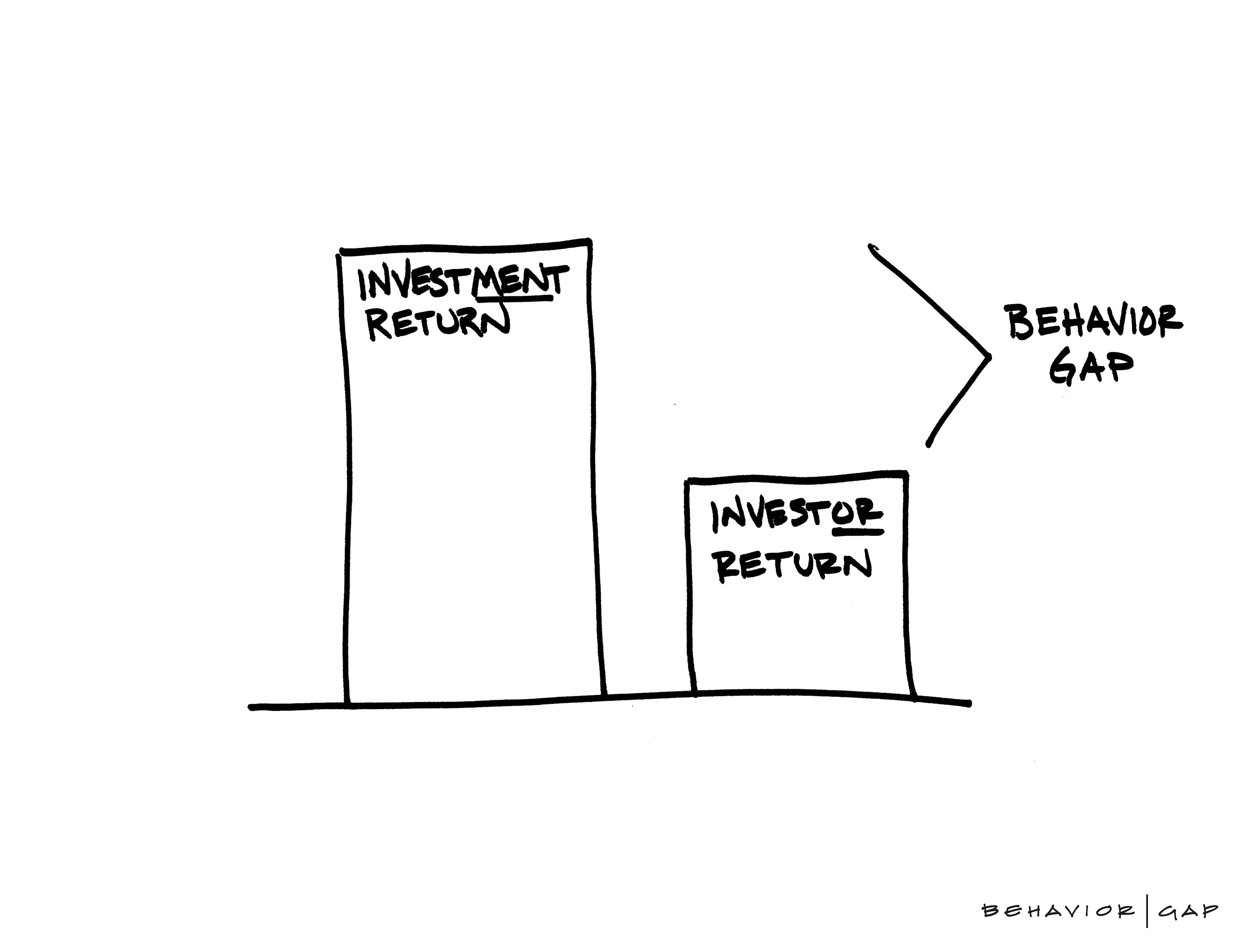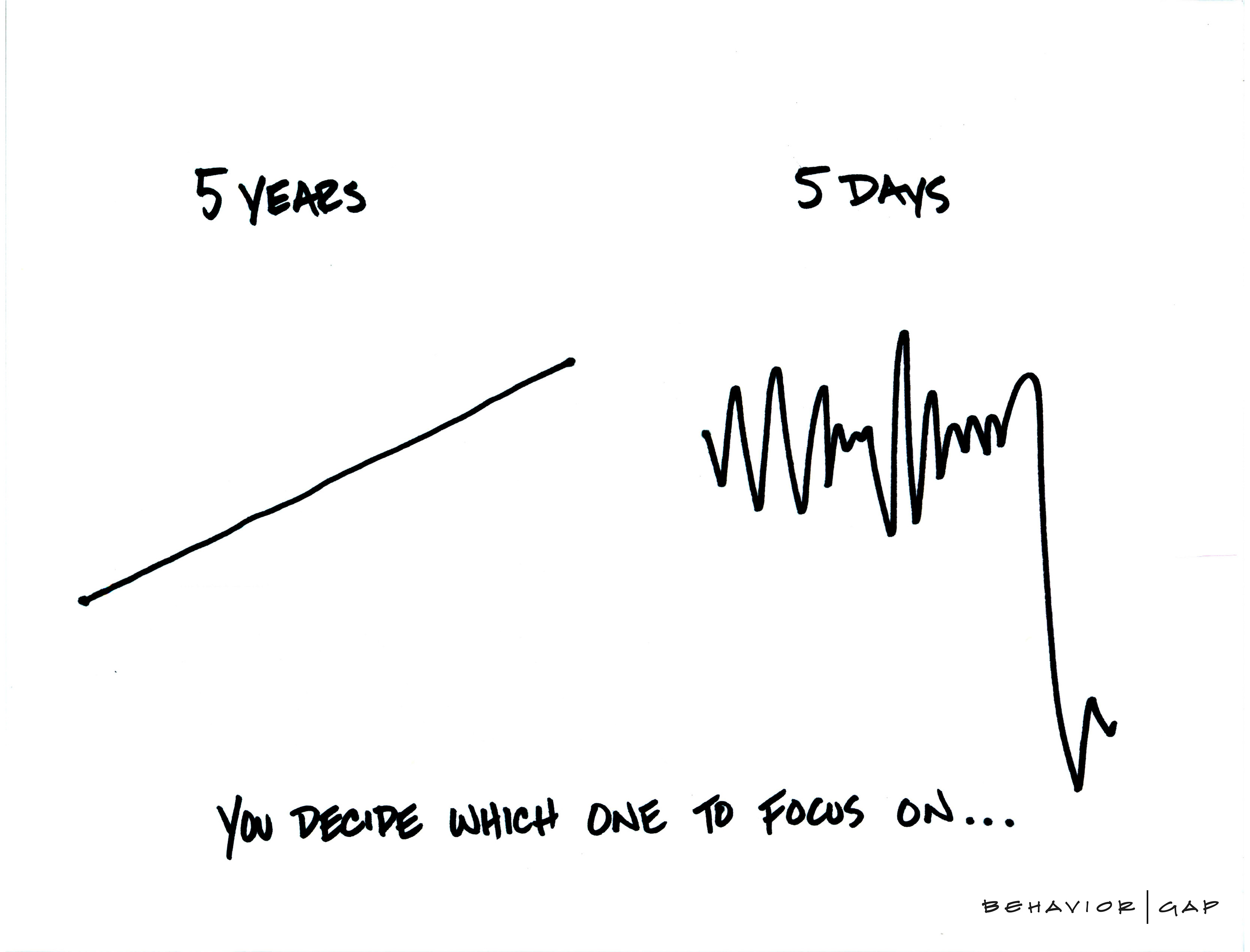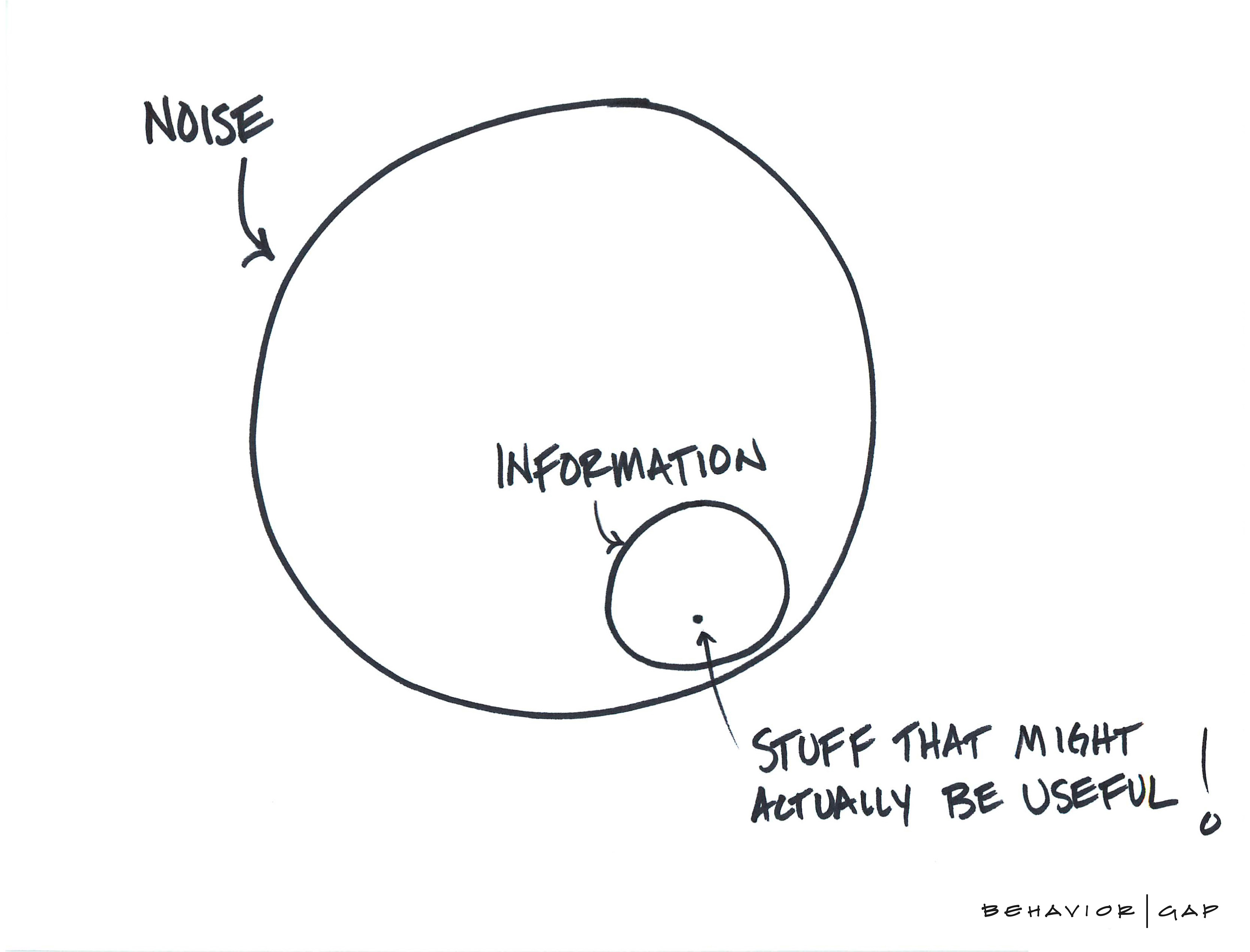Sam's Top Tips In A Market Shock
Sam's Top Tips In A Market Shock
1. Risk Logic
The human brain is unfortunately proven to be inept at quantifying risk and acting accordingly. We see it every day; we are more scared of a shark attack than we are of driving to the beach, but the risk is in driving not swimming.
2. Hold Middle Ground
People often are over concerned or not concerned enough, as we are wired for full fight and flight, or doing nothing. Doing something in between is the hard bit.

3. Beware Bias
Be wary of confirmation bias. This is a common psychological concept. We get an idea based on fear or overconfidence then unconsciously seek out what confirms that.
4. Check Your Sources
Review the source of your information. Do they have the right agenda? Unfortunately, our click bait world can explain why the human response to coronavirus is out of proportion to previous scares.
5. Learn
Humankind, and by extension economies, get growth from this type of adversity. A whole generation of savers came out of the great depression perhaps a generation of people with better hygiene practices will come out of this event.
6. Diversify
Life doesn’t stop, it changes. Subscriptions in Netflix increases but cruise trips fall. This has occurred time and time again in history - it is why we diversify as we can’t predict these events.

7. Keep Perspective
Don’t ignore other risks. Economically the lack of rain is a bigger cost to New Zealand at the moment but that’s not front page. Keep doing rain dances while coughing into your elbow.
8. Safe As Houses?
Don’t think your property is immune. New Zealand is an economy based on agriculture and tourism, both are badly affected if our economy is hurting, it is just a matter of time till the property market is impacted.
9. Prepare Smart
Do something to be ready. Ensure you have enough medication, invest in cheap stocks, check you have adequate insurances; call your financial adviser.
10. Check The Plan
Check your financial plan. Did it allow for big market/life shocks like this? It should have and most likely it had a long-term perspective that is required in a time like this. If it didn’t it needs amending.

11. Trial It
Have a dry run. Spend all weekend without leaving the house and iron out anything that doesn’t work. We do this all the time for people preparing for retirement - how can you improve something you don’t know about?
12. Liquidity
Where is your liquidity? If assets get super cheap or cash is king in a time of panic will you be able to get your hands-on funds to take advantage or pay bills? Remember we always advise you have three months of expenses available in cash or redraw.
13. Travel Insurance
Get an expert to help with your travel insurance. Our partners Rothbury are following the travel insurance market closely.
14. Carpe Diem
Life always has risk it’s just our awareness of those risks that changes or the emphasis we put on them. The trip of a lifetime has risks and yes, they just got greater but there is also the risk you won’t get to do it again due to any number of other reasons. Sometimes it’s harder to seize the day and live a great life!
15. Filter The Noise
Don’t listen to ill-informed opinions. Would you get a good friend (who wasn’t a surgeon) to operate on you? Then don’t ask them about important stuff like your health, travel or wealth management.

Article By Sam Walter - Read More
About the Author
Sam Walter is an Auckland based Financial Adviser who has been supporting clients with their insurances and investments for nearly 20 years. Sam has over $90 million worth of private funds under his management and is great at motivating people to improve their financial behaviours.
Lifetime Book Club: Stillness is the Key by Ryan Holiday
In a world that rewards speed, noise, and constant movement, this book offers a different perspective. One that suggests clarity, better decisions, and a more meaningful life do not come from doing more. They come from slowing down.
This is not a productivity hack or a call to retreat from real life. It is a thoughtful reminder that stillness is not weakness. It is a strength.
Mastering the New Year: The Psychology, Power, and Precision of Goal Setting
For many, the beginning of a new year signifies a fresh start, a blank canvas upon which we can paint our aspirations and ambitions. Goal setting is not just a yearly ritual; it is a powerful tool that empowers individuals to strive for personal growth, achieve milestones, and lead more fulfilling lives.


